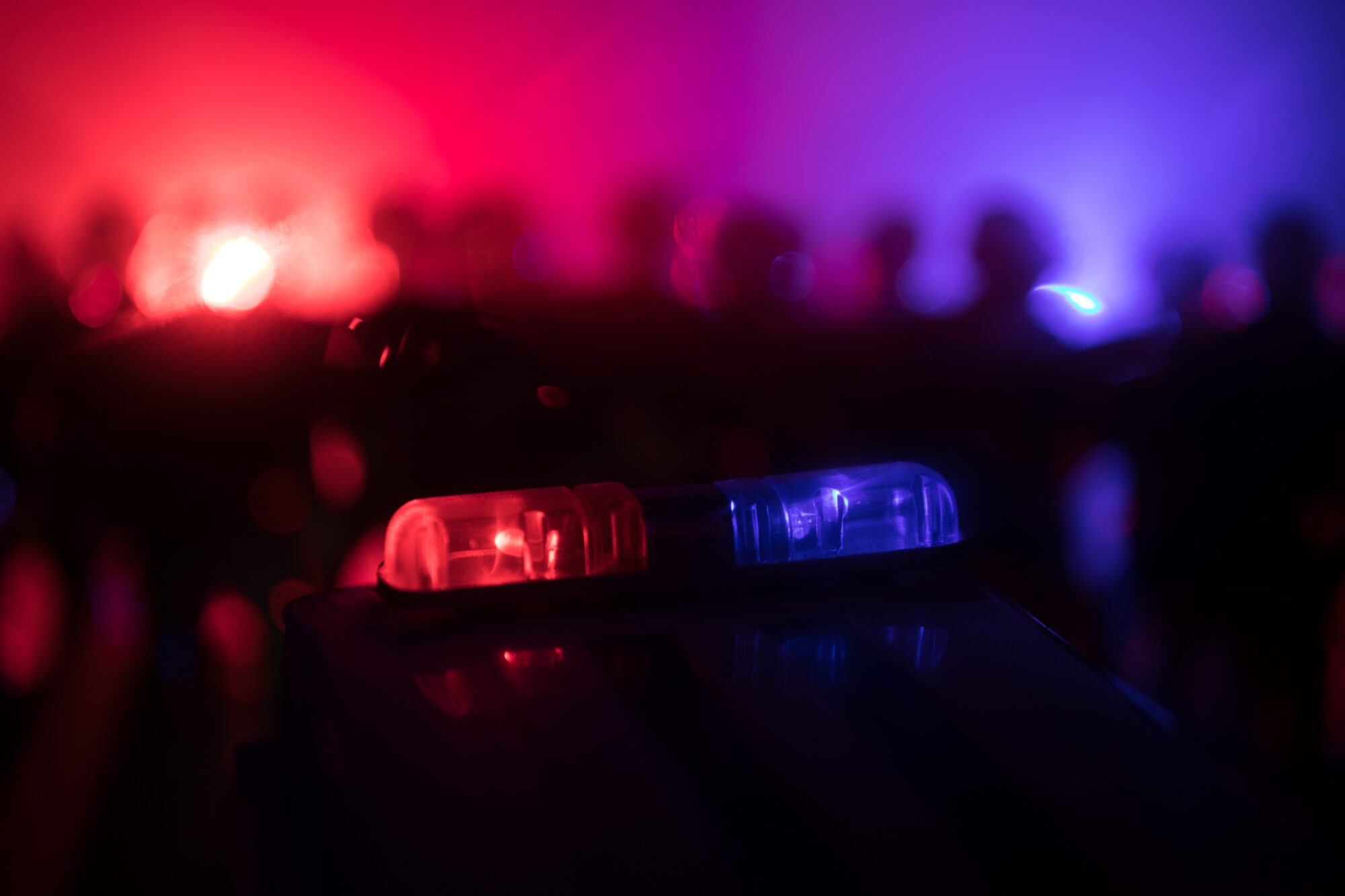
Following Morocco’s historic December 6th win over Spain at the football World Cup, amidst celebrations, riots broke out in some European cities that house a sizable Moroccan minority. That evening, police were out in force as they anticipated a repeat of the unrest seen after previous Moroccan victories.
In Belgium, which quickly became known as the nexus of such rioting after its own recent loss to Morocco, more than 100 arrests were made in the cities of Antwerp and Brussels.
While the mood started out jubilant enough, it soon struck a much darker note. In the Antwerp district of Borgerhout, troublemakers rammed a scooter into a police combi, chasing it off.
Matters turned particularly sour at the Kiel but also at the Turnhoutsebaan. Despite attempts by Moroccan parents and youth volunteers to contain the troublemakers by erecting a so-called human chain, some of the youngsters could not be controlled.
On the Turnhoutsebaan, a 15-year-old was arrested for trying to set fire to a garbage can. The police also arrested a person carrying a taser. Antwerp police performed about 20 administrative detainments and two judicial arrests.
Whoever is administratively detained can be held by police for up to 12 hours.
Brussels, on the other hand, witnessed fireworks raining down on its streets, as some among the Moroccan supporters began throwing rocks at police officers. Some of the fireworks were even discharged horizontally, used as projectiles.
Fans of the Moroccan national team took to the streets of #Brussels to celebrate its victory over the Spaniards at the World Cup in Qatar, but it all ended in clashes with the police.
— Kreately (@KreatelyStrong) December 7, 2022
The police used tear gas and water cannons to disperse the rioters.
Europe is getting a taste pic.twitter.com/BxV1iANCWS
In response, police deployed tear gas and water cannons to disperse the unruly crowd. 114 people were administratively detained while 5 were judicially arrested.
In an interview with Het Laatste Nieuws, Interior Minister Annelies Verlinden (CD&V) thanked the police for their “impressive preparation,” as they, on the whole, “maintained order very well.”
She pointed out, however, that they are “partly controlling what are but symptoms,” and that “colleagues from the departments of integration, society, city policy as well as justice” should “tackle this phenomenon together.”
The Netherlands did not escape the turmoil either. In The Hague, Moroccan supporters threw heavy fireworks at police officers, forcing the Mobile Unit (ME) to charge.
In the capital of Amsterdam, in the Mercatorplein especially, emergency workers found themselves being besieged by Moroccan supporters. Two police officers in the process of helping a fallen scooter driver got injured themselves after having had a fireworks bomb thrown at them. Ten arrests were made in total.
Wow, where did it go wrong?
— StreApp (@StreApp_NFT) December 6, 2022
Eyewitness? StreApp it, own it!#WKQatar #Amsterdam #Mercatorplein #Marokko #Spanje #Rellen pic.twitter.com/ESpcp0SigV
Apart from Belgium and France, young Moroccan fans also rioted in Netherlands tonight.
— Visegrád 24 (@visegrad24) December 6, 2022
Clashes took place with the riot police in Amsterdam after Morocco defeated against Spain and advanced to the next stage of the World Cup.
pic.twitter.com/CHduIZ2xq6
Meanwhile, police in the city of Rotterdam detained over 30 people for fireworks possession, failure to show ID, or insulting the police. One officer suffered hearing damage after a large fireworks bomb was set off on Coolsingel and the ME had to disperse the mob.
In the Lombok neighborhood in Utrecht, the ME also had to be deployed in response to having bikes and fireworks thrown at them. One person was arrested for setting off heavy fireworks.
In various French cities, thousands of Moroccan fans took to the street to celebrate, such as in the iconic Champs-Élysées in Paris. There, too, police eventually had to take recourse to tear gas, when the situation got out of hand.
Les Champs-Élysées sous les gaz lacrymogènes.
— Clément Lanot (@ClementLanot) December 6, 2022
Tensions en cours. Projectiles et charges. #MORSPA pic.twitter.com/9bcZuYJaFE
During the following night, some shops were vandalized.
Plusieurs magasins des Champs-Élysées ont été vandalisés dans la soirée. #MARESP pic.twitter.com/xxwCjohHvj
— Clément Lanot (@ClementLanot) December 7, 2022
While Spain has about 800,000 Moroccan residents, it nonetheless enjoyed relative peace. Police had to make just a couple of arrests in Madrid and Granada, among other cities.
#BREAKING #SPAIN #ESPANA #MOROCCO
— loveworld (@LoveWorld_Peopl) December 7, 2022
🔴SPAIN :#VIDEO HEAVY POLICE PRESENCE IN MADRID AS MOROCCAN FANS CELEBRATE WORLD CUP VICTORY AGAINST SPAIN!#BreakingNews #UltimaHora #Madrid #Maroc #Marruecos #WorldCup2022 pic.twitter.com/9PGYcK4f1A
Since it was the first time that Morocco, or indeed any Arab nation, had ever reached the quarterfinals of a World Cup, tens of thousands took to its streets. These celebrations, according to reports, on the whole, did not turn violent.
Rabat euphoric tonight 🇲🇦 pic.twitter.com/QeZN7pUuyO
— Mosa'ab Elshamy (@mosaaberizing) December 6, 2022
